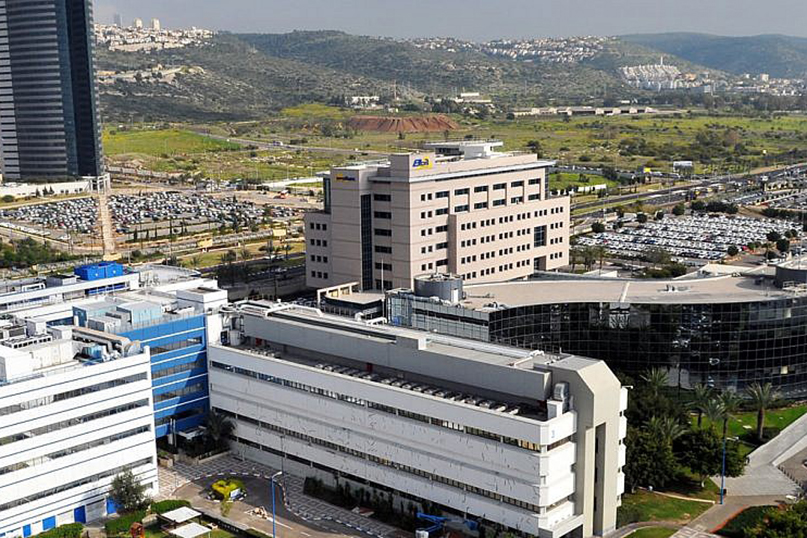Standard & Poor’s, the financial rating agency, issued a warning on Thursday that the controversial judicial reform being pursued by the Israeli government will have a negative impact on the country’s economy.
The agency forecasts a growth rate of 1.5% for 2023, a significant drop from the 6.5% recorded in 2022.
The judicial reform, driven by the right-wing government of Benjamin Netanyahu, aims to weaken the independence of the judiciary and grant more power to the executive branch.
According to the agency’s report, this reform will continue to harm the Israeli economy.
In the short term, Standard & Poor’s expects persistent political uncertainty to combine with weaker economic performance among Israel’s key trading partners in Europe and the United States.

A tighter monetary policy will also contribute to a slowdown in Israel’s economic growth to 1.5% in 2023 from 6.5% in 2022.
The Israeli Parliament, where the government coalition holds a majority, approved a key law related to the judicial reform on Monday, amid large-scale protest demonstrations, some of which turned violent.
Civil society groups have also challenged the reform in the Supreme Court, arguing that it infringes on the principle of reasonableness, which previously allowed the court to review and revoke government decisions or appointments deemed unreasonable.
Given the deep polarization triggered by the reform, and with new protests announced for Thursday, the President of Israel, Isaac Herzog, called for consensus between the government and the opposition.
He highlighted the potential “social, economic, and security damages” that may arise otherwise.
Minister of Finance, Bezalel Smotrich, an ultranationalist, dismissed Standard & Poor’s stance, asserting that the protests themselves are causing instability.
Earlier in May, S&P maintained Israel’s favorable AA- credit rating with a “stable” outlook but cited “persistent political and national and regional security risks” as potential threats to the economy.
S&P’s report comes just two days after Moody’s warned of a “significant risk” to Israel’s stability and negative consequences for its economy.
The agency maintained Israel’s “A1” credit rating with a “stable” outlook, but it had previously downgraded it from “positive” in April, citing “deterioration in Israel’s government” and the country’s polarization.
Netanyahu and his finance minister downplayed Moody’s position as a “momentary reaction.”
On another note, Morgan Stanley downgraded Israel’s credit outlook on Tuesday, expressing concerns about the government’s economic direction and predicting further depreciation of the national currency, the shekel.
Since the Israeli government announced its judicial reform in January, hundreds of economists, experts, and executives from Israel and abroad have warned that it will lead to a significant decline in foreign investment due to the lack of stability.
A recent report from Start-Up Nation Central, which oversees the sector, revealed that 68% of Israeli start-ups have already started withdrawing cash reserves, relocating their headquarters abroad, moving employees overseas, and making layoffs due to the impending effects of the judicial reform.

